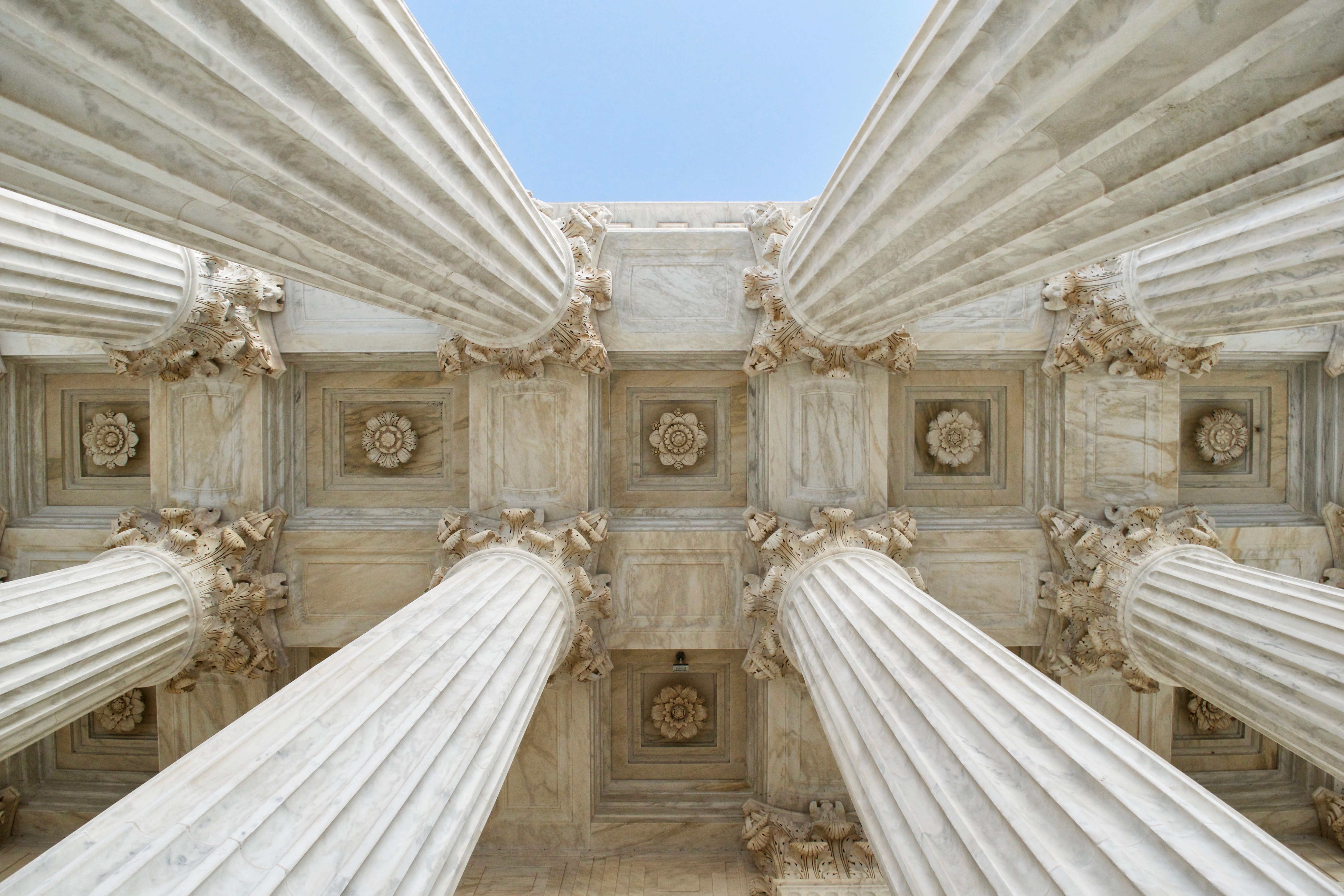How the Overturning of Roe v. Wade Affects Family Law
By: Z Family Law
Roe v. Wade Overturned with Dobbs v. Jackson Women’s Health Organization
In a 6-3 decision, the Supreme Court recently overturned the substance of Roe v. Wade in the case of Dobbs v. Jackson Women’s Health Organization. Roe v. Wade, a landmark ruling in its time, disallowed prohibitions against abortion at the state level for early term pregnancies. Early term essentially means the period during which the fetus would be unable to live outside of the womb, which is generally around 22 to 24 weeks. This improved access to abortion was celebrated throughout the country by many people, particularly among women’s advocacy organizations. After Roe v. Wade, states could still ban late term abortions, and could still regulate abortion is other ways; but statewide bans on all abortions became impossible. Now, with Dobbs, this critical element of Roe v. Wade has been overturned, and states can and in many cases, already have, passed universal bans on abortion as they see fit.
States Looking to Implement Bans Quickly
The question becomes: how will Dobbs impact family law throughout the country? According to research conducted by the Guttmacher Institute, no fewer than 26 states have given indications that they will pass bans or implement restrictions on abortion. In point of fact, 13 states had so-called “trigger bans” in place, which means that they imposed bans immediately, or by way of rapid state action immediately after the Dobbs ruling was issued. The impact of these bans on society will be immense. For one thing, we may begin to see more conservative behavior as people realize the long-term implications of pregnancy. With the removal of access to abortion, many people may resort to abstinence or other behaviors to avoid pregnancy (and its consequences) altogether. For those states which impose or have already imposed bans, we will almost certainly see an emergence of “underground clinics” which provide illegal abortions to those who seek them, which will bring a new layer of crime to these states.
For those states which create bans, we will likely see a whole range of concomitant laws and regulations which will represent an adaptation to the new environment. For instance, some states may alter their child custody and child support laws when a pregnancy isn’t mutually desired by both parents. Now, these laws are structured around the notion that abortion is accessible, but this may change now that Dobbs takes away abortion access in many states. Similarly, inheritance (probate) laws may also be changed in order to respond to the new situation. Succession may be altered such that “involuntary heirs” – i.e. those who were not mutually desired – are treated differently than others.
Abortion Bans Will Have Big Financial Impact
Another thing is certain: although we won’t know exactly how any given individual will respond to new bans on abortion, we can say safely that many people who have unwanted pregnancies will suffer financially. Statistically, we know that many people seek abortions for financial reasons; they believe that they aren’t prepared financially to deal with the realities of parenthood. By removing access to abortion, the state will be effectively creating a financial obligation for many people who are already experiencing fiscal difficulties. The net effect of this could simply be to create even wider gaps between socio-economic cohorts.
At Z Family Law, we have dedicated our careers to helping and protecting families and children, and we recognize that this ruling will have a significant impact on families across the nation. For the time being, in Maryland and the District of Columbia, abortion is still legal and accessible, but should there be any changes to abortion access locally, Z Family Law will keep you updated.
To learn more about abortion access, and for resources to access care, visit https://www.plannedparenthood.org/learn/abortion/it-still-legal-me-get-abortion.

